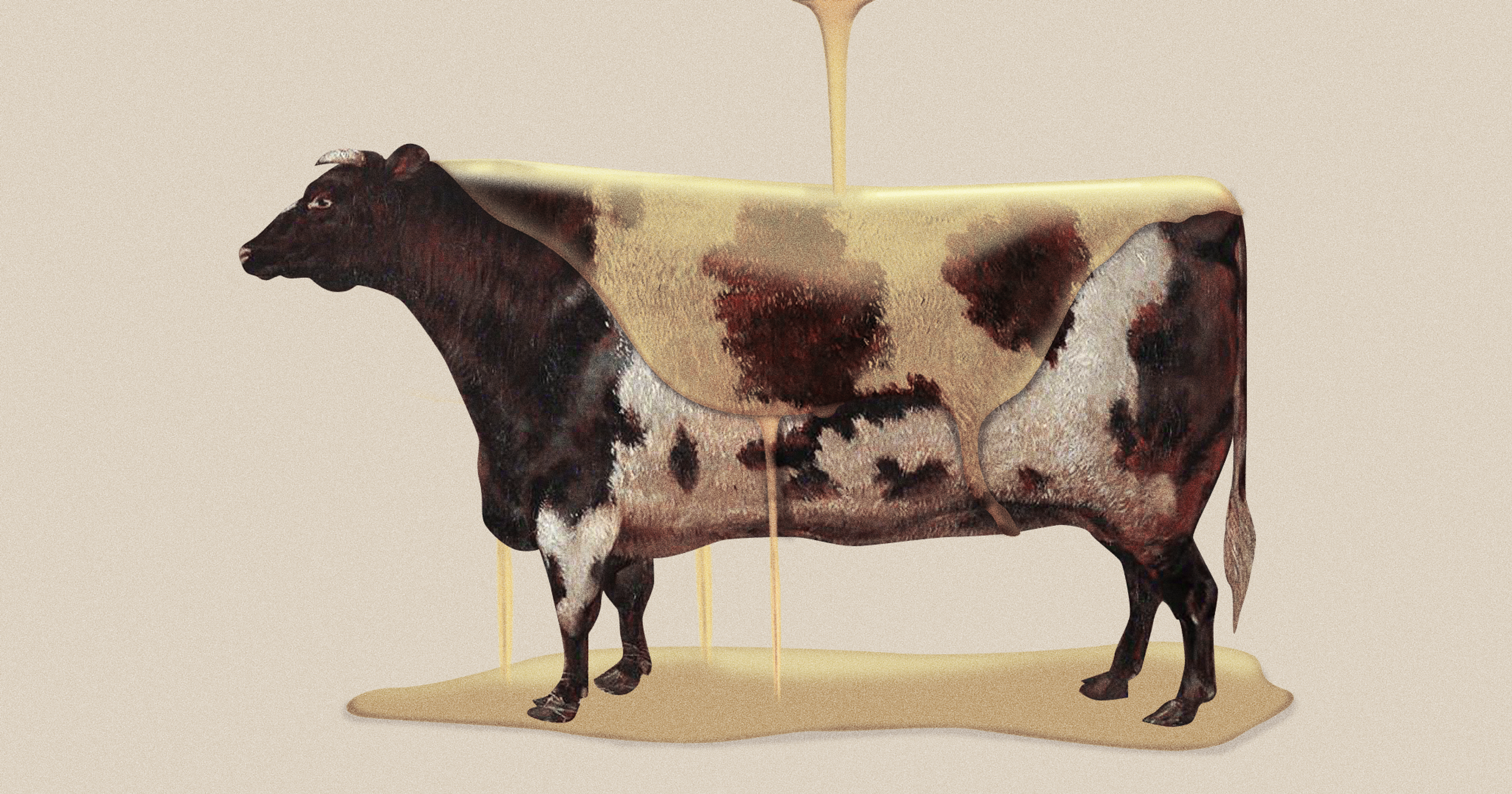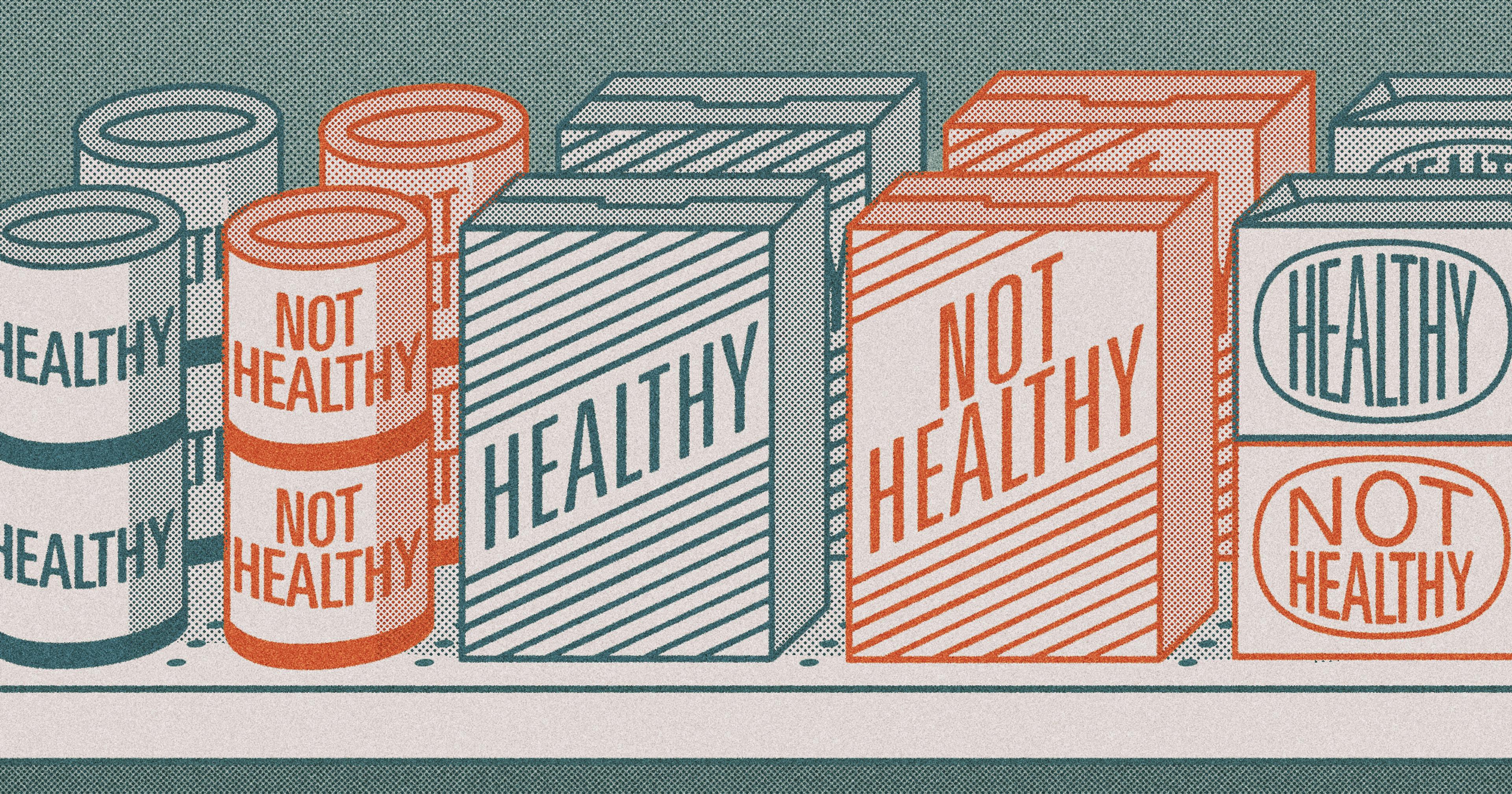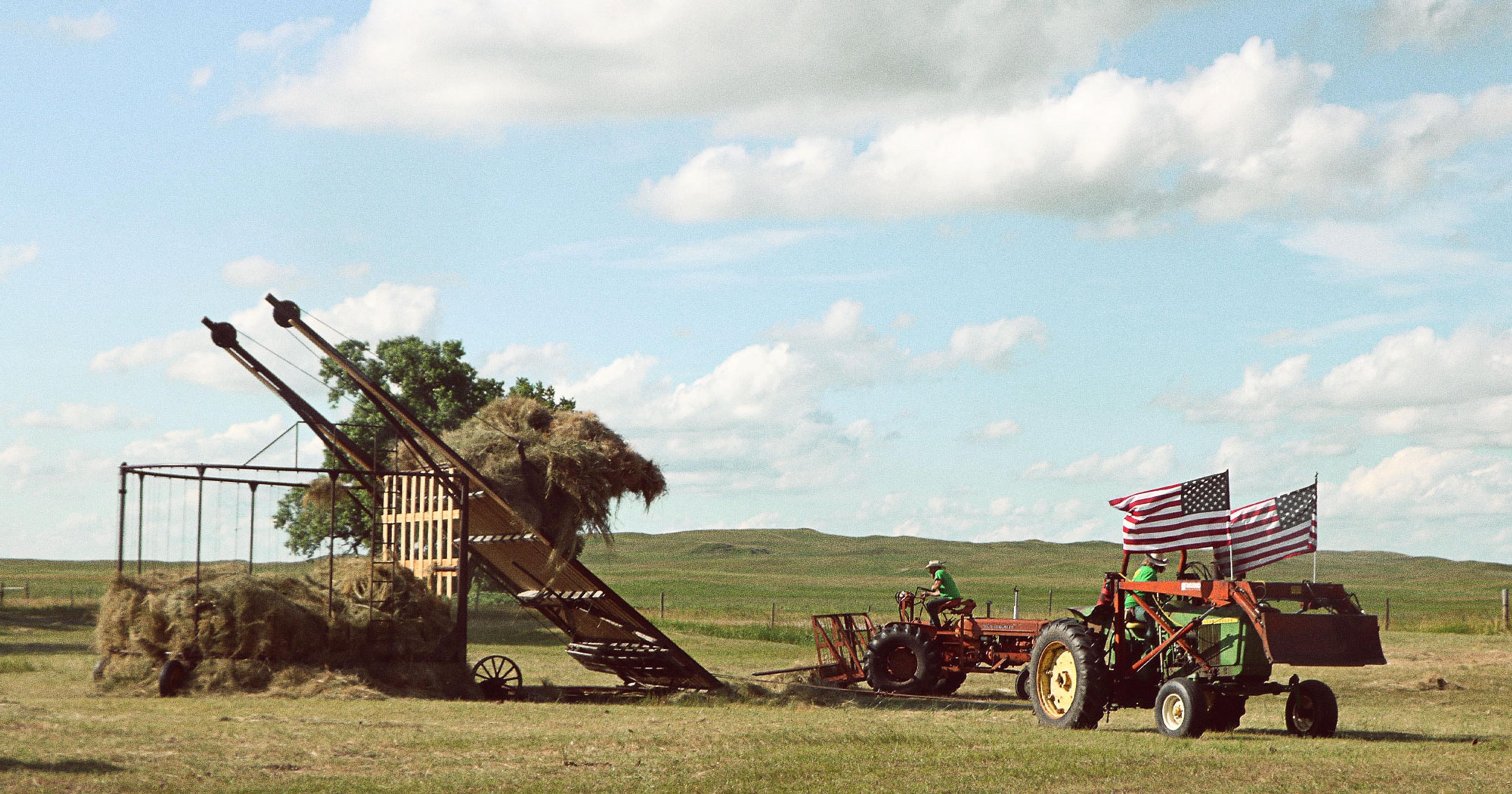As RFK tries to make frying oil tallow again, American seed-oil farmers are worried about the fallout.
Traci Malone has heard a lot of different worries about food over more than two decades as a registered dietician and licensed nutritionist in Asheville, North Carolina. But over the past five years or so, she says, a new fear has started taking hold of the people she serves, its spread turbocharged in the way only the viral internet can.
“I think it’s insane, this impact of social media influencers,” said Malone. “Clients come to me believing that the seed oils are the devil incarnate.”
When she first began to study nutrition, Malone explained, the term “seed oil” itself — now used in reference to industrially extracted, neutral-tasting cooking oils from plants like canola, soybean, and sunflower — wasn’t a mainstream phrase. Instead, dieticians called those products vegetable oils and, due to their higher levels of unsaturated fat, considered them a generally healthier alternative to animal-based fats like butter and lard. Although seed oils can break down into toxic byproducts when repeatedly heated and may contribute to inflammation in large amounts, Malone said, they’re not a problem when used in moderation for home cooking.
The term — and its attendant discourse — broke into popular consciousness around 2020, when “Carnivore MD” Dr. Paul Saladino appeared on the Joe Rogan Experience podcast to associate seed oils with a wide range of dietary woes. (It should be noted that Saladino was promoting his recently published book, The Carnivore Code.) Influencers on both sides of the culture, from left-leaning environmental advocates to right-wing skeptics of globalized farming, proceeded to pick up the theme. The nonprofit International Food Information Council, which is largely supported by big food and ag companies like General Mills and Cargill, found that 28 percent of American consumers said they actively avoided seed oils as of late 2024.
Those influencers have gained a powerful sympathizer in federal government through the confirmation of Robert F. Kennedy Jr. as the U.S. Secretary of Health and Human Services. Long a critic of the industrial food system, Kennedy sold merch emblazoned with “Make Frying Oil Tallow Again” as an independent presidential candidate; in October, he posted on X that Americans were “being unknowingly poisoned by heavily subsidized seed oils.”
Farmers who grow oilseed crops are now facing their own fear: Will Kennedy, whose role includes oversight of the federal Food and Drug Administration, strive to eliminate seed oils from America’s food supply?
At a February Senate hearing, American Soybean Association Chair Josh Gackle cited “increasing rhetoric perpetuating false claims about the detrimental health impacts of soybean oil and other seed oils, paired with threats of banning these products from domestic food use,” as major challenges. The ASA and other advocacy groups, including the National Oilseed Processors Association, Edible Oil Producers Association, and Corn Refiners Association, signed onto a March open letter urging Kennedy to follow “the robust science- and risk-based regulatory systems to which these products are already subject.” Over 60 Republican lawmakers, many from farming-heavy states like Iowa and Nebraska, sent a similar letter to Kennedy in April.
Vegetable oils are big business in the U.S., representing nearly $114 billion in annual value as of 2022 according to Purdue University’s Center for Global Trade Analysis. And although much of that value stems from exports or industrial and biofuel use, the domestic food market makes up a key part of the mix. A March study by World Agricultural Economic and Environmental Services, commissioned by the United Soybean Board, found that a domestic ban on seed oil in food would cut annual U.S. net farm income by $1.9 billion, or 1.6 percent.
“Clients come to me believing that the seed oils are the devil incarnate.”
“From a vegetable oil perspective, this is a much more disruptive shock than COVID,” said agricultural economist John Kruse, the study’s lead author. In the event of a ban, he projects that the U.S. would try fill its food oil needs mostly through imported palm oil (a product with its own controversies). Current domestic production of lard and tallow, seemingly Kennedy’s preferred alternatives, could substitute for only a few of the 59 pounds of seed oils Americans consume per capita each year.
Among those farmers concerned is Tim Mickelson, president of the U.S. Canola Association, who has grown the plant since 1997 on about 2,800 acres in Rolla, North Dakota. Canola is an excellent climatic fit for the state, which produces over 80 percent of the country’s harvest. He says it’s been an invaluable part of his own rotation, yielding a solid return while conditioning soils and breaking disease cycles between wheat crops.
Mickelson is also an avid social media user as @BisonAddict — honoring the mascot of his alma mater, North Dakota State University — with over 17,000 TikTok followers. There, he’s run headfirst into anti-seed oil rhetoric, and he’s been frustrated by what he sees as its irrational fearmongering.
“What surprises me the most is how many people will actually judge something not on scientific facts,” said Mickelson, pointing to research by Harvard University and other experts that backs vegetable oil as a healthy choice. “But anything that causes a consumer to make a different decision in the store and not buy canola oil affects the demand for the product.”
Mickelson personally believes a federal seed oil ban is unlikely and is more worried about the market impacts Kennedy’s rhetoric is already having. A number of businesses have publicized their switch away from seed oil, including salad chain Sweetgreen and fast-food icon Steak ‘n Shake. “Fries will be RFK’d!” wrote the latter, in an X post announcing its decision. (Kennedy subsequently praised Steak ’n Shake as he ate its fries with Fox News host Sean Hannity, and he later hosted the company for a pop-up at an HHS staff cafeteria.)
“From a vegetable oil perspective, this is a much more disruptive shock than COVID.”
But how the federal government might act remains uncertain. Kennedy declared that “nothing is going to be off limits” in his first address to HHS employees. In response to a request for comment on this story, a spokesperson for the FDA wrote that “it is critical to consolidate the scientific literature and gain a clearer understanding of the overall impact of ingredients within our U.S. food supply — so Americans know what is in their food.” Despite Kennedy’s promise of “radical transparency,” the department did not respond to further clarifying questions.
It’s also unclear if Kennedy will face opposition from other forces within the Trump administration. Kailee Tkacz Buller, the USDA’s new chief of staff, was previously president of the National Oilseed Processors Association and Edible Oil Producers Association. “Soybeans are a major crop in the United States, and USDA continues to support American agriculture and put farmers first,” wrote a USDA spokesperson, when asked about Kennedy’s stance.
All of this hubbub over seed oils, emphasized dietician Malone, is unlikely to make Americans much healthier, especially when seed oil opponents often don’t acknowledge the well-established link between saturated fats like beef tallow and heart disease.
“I do my best to help people move away from very black-and-white thinking about food and nutrition to somewhere in the middle, a little bit more gray,” Malone says. “We’re now frying all in beef tallow, and that seems like a very reactionary and extremely sharp direction to take.”










